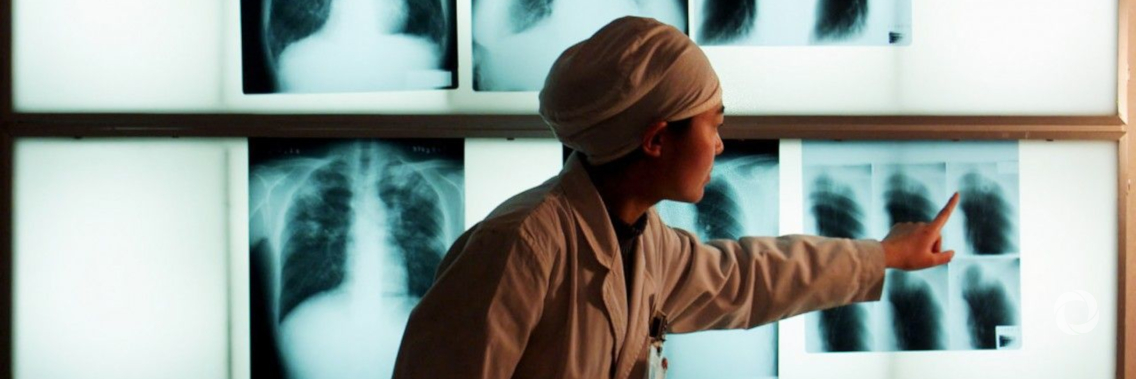The Foundation for Innovative New Diagnostics (FIND) and Unitaid signed a US$ 14.5 million grant to deploy a powerful new technology in the diagnosis of drug-resistant tuberculosis.
The Seq&Treat project will pilot next-generation genome sequencing, an innovation that provides fast, accurate diagnosis of drug-resistant TB. Better diagnosis enables patients to get the right treatment earlier and could help raise the world’s very low cure rate for the disease.
The technology also has the potential to be an effective weapon in the fight against drug-resistant superbugs, which develop when medicines are misused.
The new investment is part of a dramatic expansion in Unitaid’s TB portfolio, which has nearly doubled over the past few years and is on track to hit US$ 300 million in 2020.
“New technologies offer a phenomenal pathway to test and treat more people for tuberculosis, including drug-resistant TB, while strengthening health systems,” said Lelio Marmora, Unitaid’s executive director.
The three-year Seq&Treat project will be implemented in Brazil, China, Georgia, India and South Africa. FIND will work closely with civil society organizations in those countries to make communities familiar with the project and its aims, and to facilitate transition and scale-up.
In 2017, only a quarter of the estimated 558,000 people with drug-resistant TB started treatment, and less than 14 percent were cured.
Sequencing-based tests can produce results in 48 hours, a vast improvement over culture-based tests that require up to eight weeks. The technology could also yield large savings in treatment costs because it enables clinicians to prescribe the right medicine to patients from the outset of their treatment.
Unitaid’s is the largest multilateral investor in TB research and development, a reflection of the organization’s commitment to confront the world’s leading infectious killer.
Original source: Unitaid
Published on 04 July 2019

